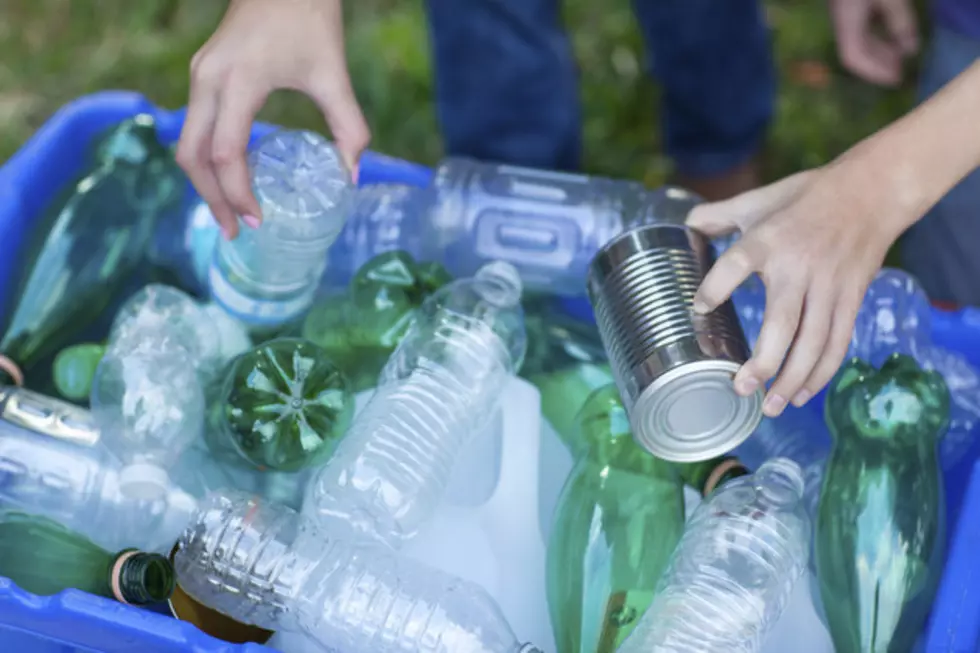
China is Forcing NJ to Change the Way it Recycles Trash
Garden State residents and businesses are required by law to recycle.
Mandatory recyclable items in all Jersey counties include aluminum cans, cardboard, paper, newspapers and certain types of plastic containers. Many counties require you to recycle batteries, magazines, bricks and consumer electronics, and different municipalities may have their own additional recycling rules, but lately the list of things that have to be recycled has been shrinking.
Most recycling material from New Jersey and many other states is shipped to China, but that country recently adopted strict regulations that require recycled items to be clean – in other words not co-mingled with things that don’t get recycled. This is causing local governments to lose money.
New Jersey State League of Municipalities executive director Michael Darcy said this is forcing towns to try and make their recycled material more desirable.
“The way they do that is to make sure that your recycling isn’t contaminated by being wet, for example, or having un-recyclable materials mixed in with recyclables.”
He said to encourage everybody to do this, “municipalities have tools they can use to help educate people about how to clean the recycling stream. There’s grants that are available from the state to help with that, as well.”
He noted because it’s becoming more difficult to deal with the whole recycling issue, “municipalities may decide to stop taking such a broad range of recyclables. In other words, they may decide to narrow their recycling stream.”
He said because of the new recycling rules in China, there is a sort of domino effect in many New Jersey communities.
“Whereas recycling companies used to pay for these recyclable materials, now municipalities are instead having to pay to have them taken away.”
Darcy said “paying to have your recycling taken away is the norm, and it’s a big problem because it increases disposal costs."
Costs vary but in many cases towns are paying around $65 a ton to have recycled materials removed instead of making money by selling it.
Because dealing with recycled material has become more cumbersome and costly, Darcy said “it’s more important than ever for people to get a refresher on what recycling is actually happening in their communities, because it’s changing.”
To find out recycling requirements in your county, click here.
More From WPG Talk Radio 95.5 FM










